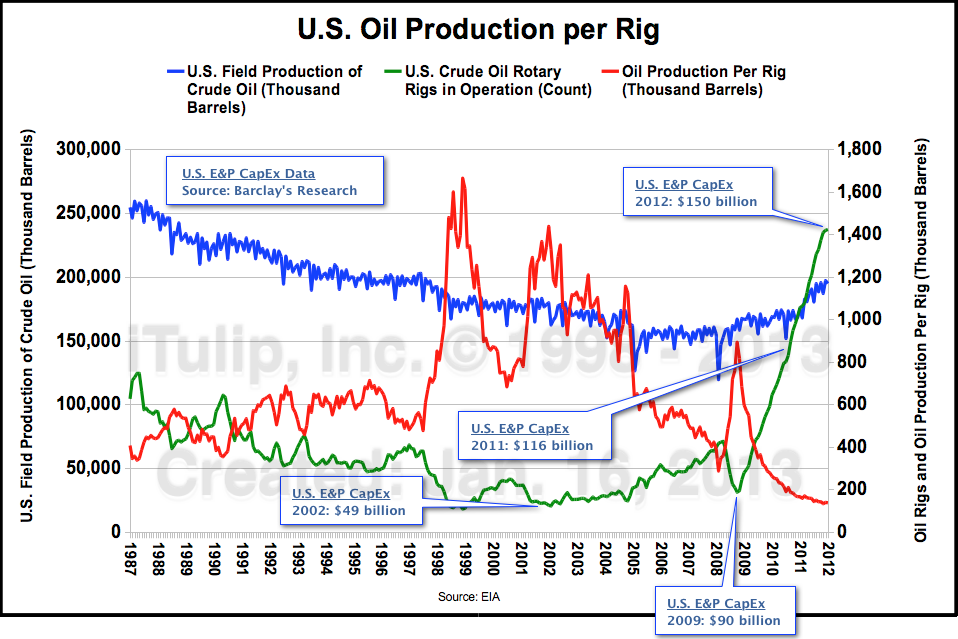Re: The Post-Market Economy - Part I: Chaos on Planet ZIRP - Eric Janszen
As the Obama administration has already embarrassed itself by aligning with Summers and casting doubts on Yellen, they may propose as a second candidate Don Khon who, unlike Yellen, is a banker's man and a Greenspan crony.
Originally posted by shiny!
View Post





Comment